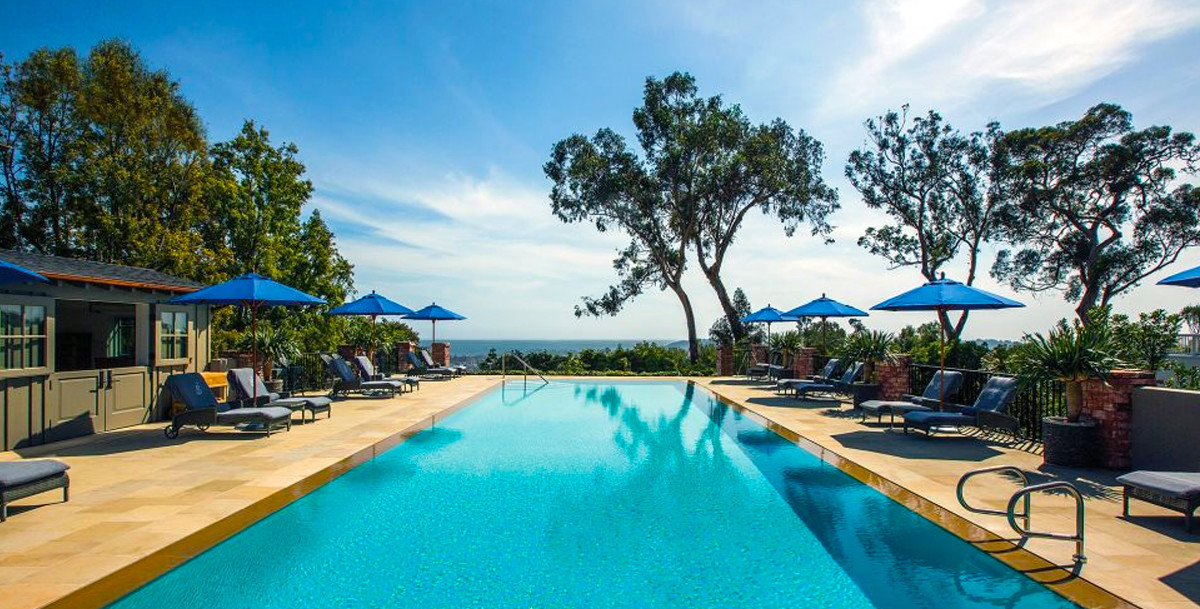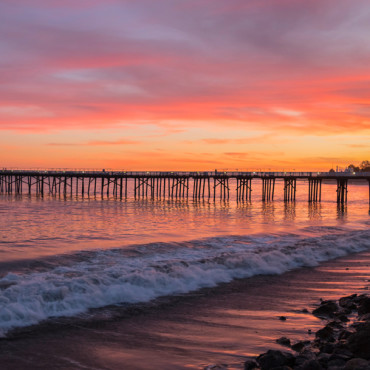Na cratera do Ngorongoro, um vulcão que colapsou, vivem mais de 20 mil animais, entre leões, búfalos, rinocerontes, elefantes e gazelas.
A cratera vulcânica Ngorongoro, na Tanzânia, é considerada uma das maravilhas naturais do planeta por sua beleza e pela grande concentração de animais selvagens que vivem na região. Visitantes encontram mais de 30 mil deles, de espécies como o raro rinoceronte negro, búfalos, flamingos, leões, elefantes e hipopótamos, o que significa diversão garantida para quem gosta de safári. O povo nativo da região, chamado de Massai, também é muito típico, com suas vestes e casas tribais. Ali é também o local do sítio arquológico de Oldupai, chamado berço da humanidade, onde foram encontrados fósseis humanos de dois milhões de anos.
Quero IR!

